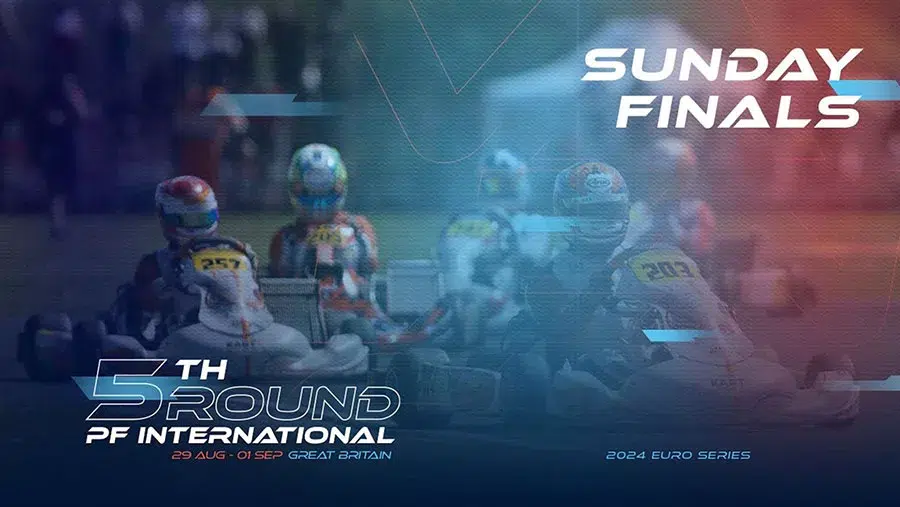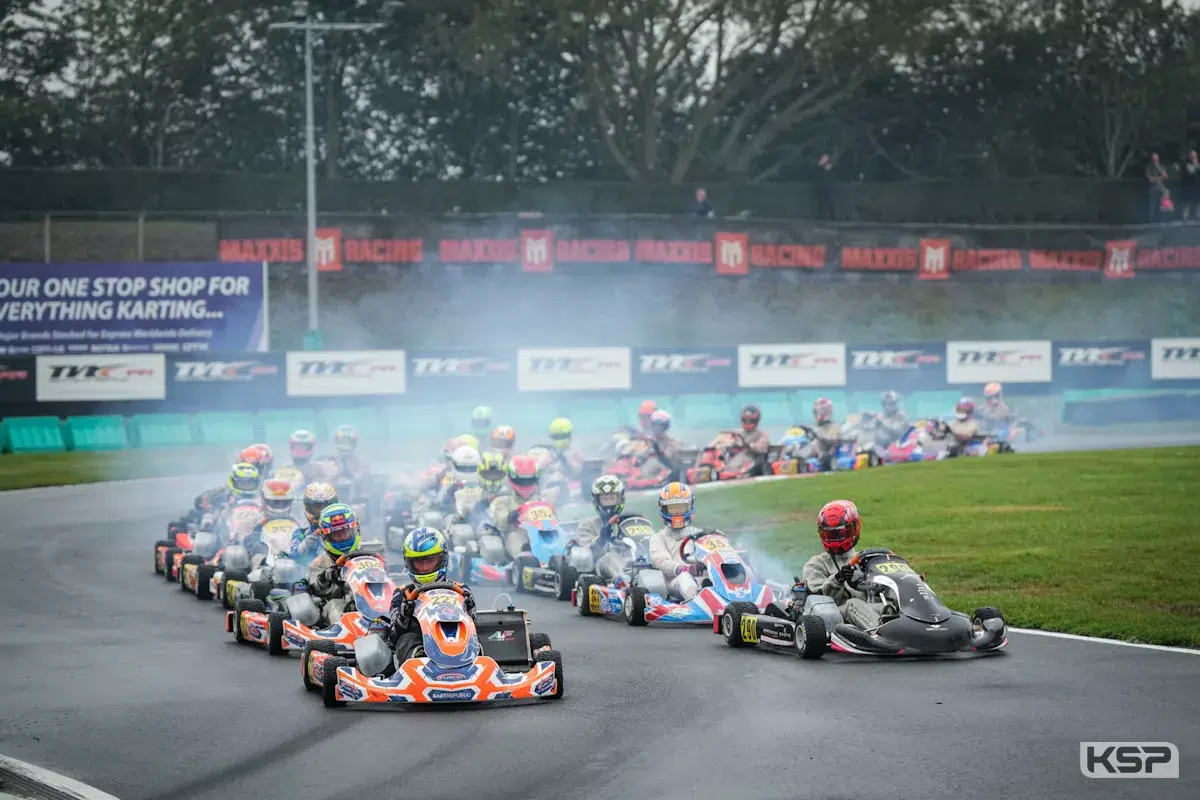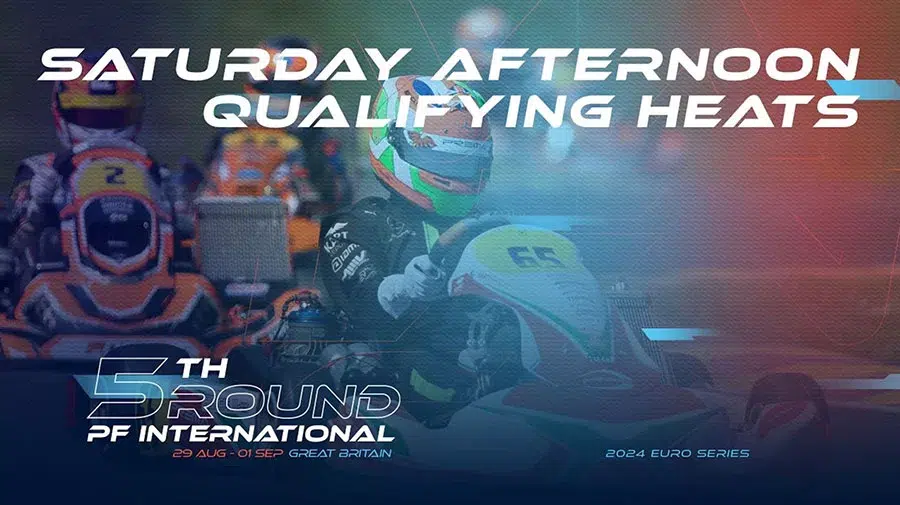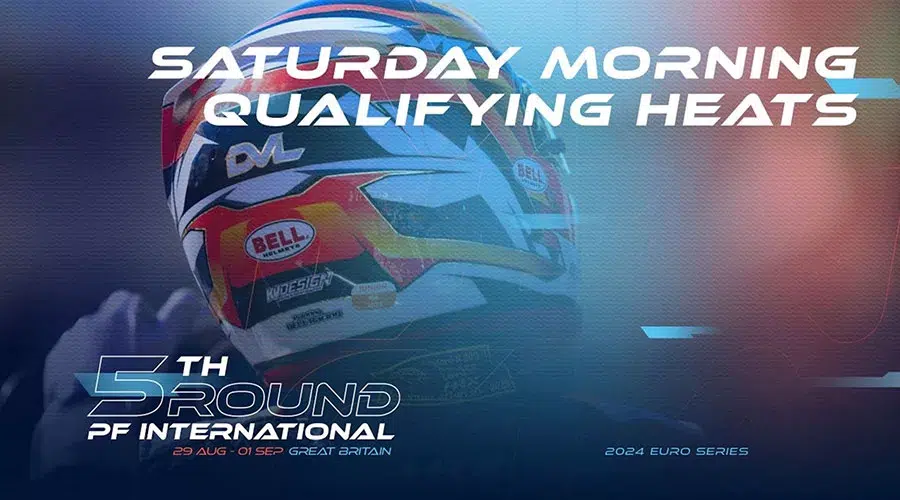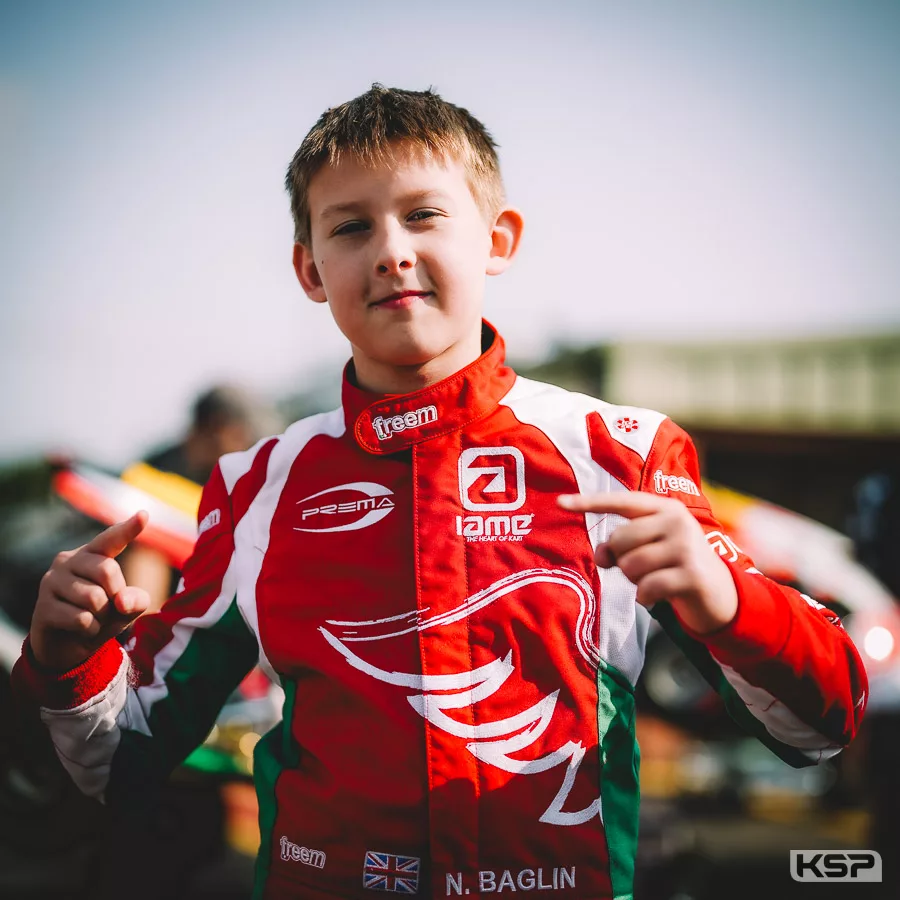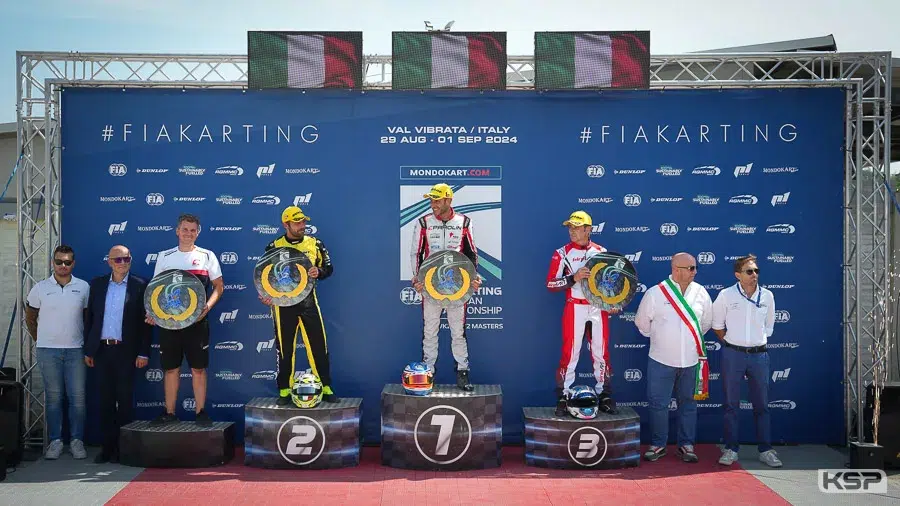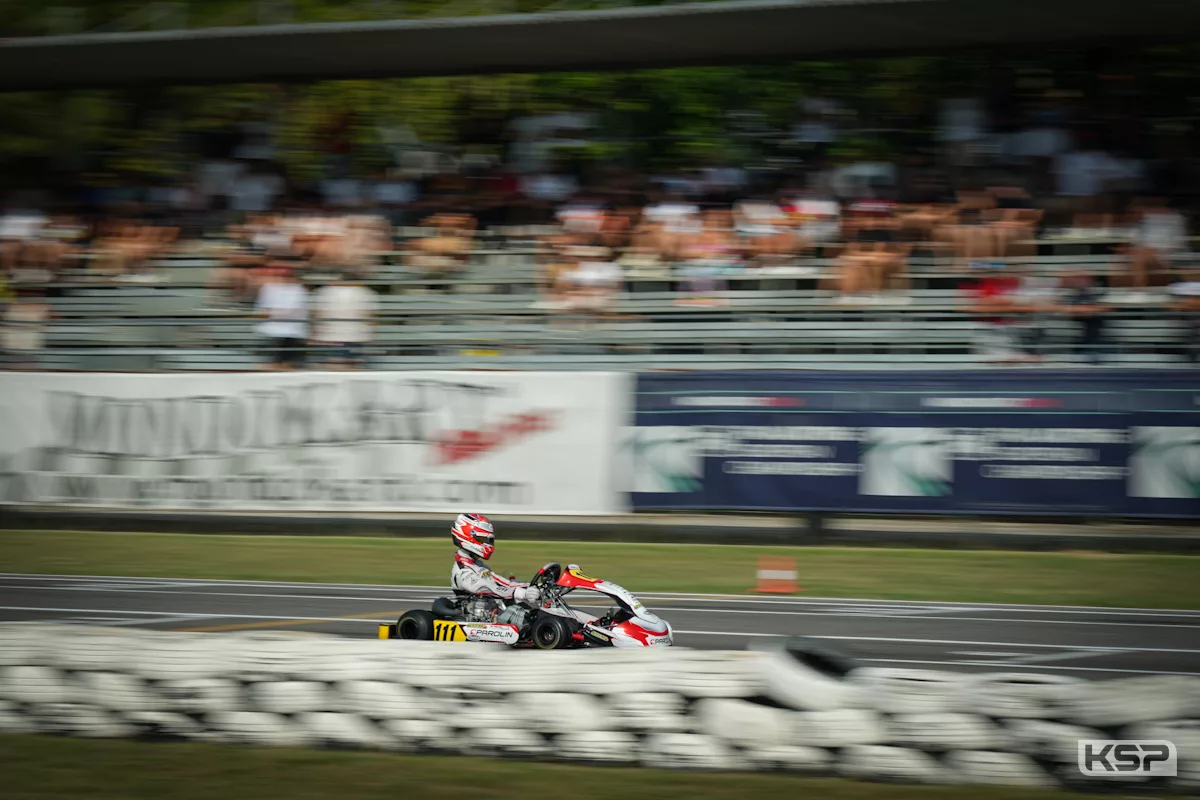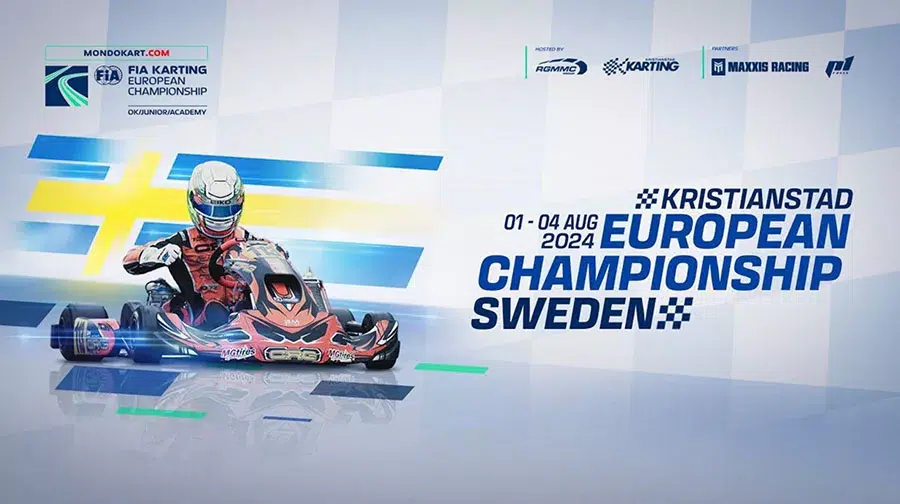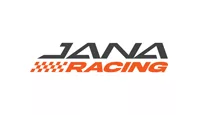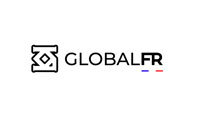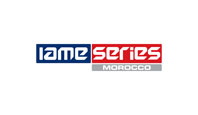Exclusive interview with Paolo Bombara – April 2020
Kartcom presents an exclusive interview with Paolo Bombara, representing the Italian tyre manufacturer LeCont, as well as being a great connoisseur and long-time enthusiast of motorsport in general. He is of Italian origin, very close to France, and closely follows the development of Covid-19 in both countries and takes a thoughtful look at the complex […]
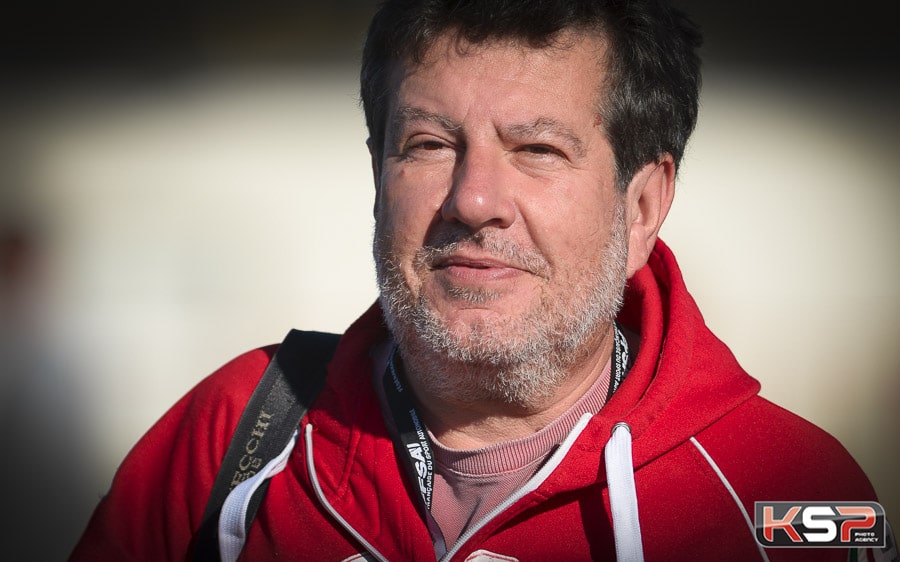
 Kartcom presents an exclusive interview with Paolo Bombara, representing the Italian tyre manufacturer LeCont, as well as being a great connoisseur and long-time enthusiast of motorsport in general. He is of Italian origin, very close to France, and closely follows the development of Covid-19 in both countries and takes a thoughtful look at the complex period we are living through.
Kartcom presents an exclusive interview with Paolo Bombara, representing the Italian tyre manufacturer LeCont, as well as being a great connoisseur and long-time enthusiast of motorsport in general. He is of Italian origin, very close to France, and closely follows the development of Covid-19 in both countries and takes a thoughtful look at the complex period we are living through.
How did LeCont approach the beginning of the health crisis?
We anticipated government decisions when we felt the risk of infection increasing around us at the beginning of March. It was unreasonable to ask our employees to continue working at the plant when the health situation was deteriorating very quickly in Northern Italy. LeCont therefore decided to suspend its activities after Friday 13th March, one week before the government decree. This allowed us to ensure the safety of our staff, which was our priority.
However, LeCont decided to partially convert to the production of protective masks in order to participate in the fight against the spread of the virus. Our subsidiary LeCont Technology, which specialises in the manufacture of industrial machinery, was commissioned to produce special machines, as it was not possible to buy them on the market in time. We have now reached a phase of high-speed industrialised production with a cruising capacity of 3600 surgical masks per hour, i.e. between 30,000 and 100,000 masks/day. This activity has enabled us to provide work for some of our employees while ensuring their safety. Another machine is currently being assembled to produce FFP2 and FFP3 masks, which will at least double our production capacity. These masks are certified according to current standards and are 100% “made in Italy”. They even use raw materials made in Italy and more precisely in the north-east of Italy (Trentino-Alto Adige, Veneto). The entire production is sterilised before being distributed through the local authorities. We should soon be able to produce and deliver to other European countries that need it as well. It’s more a question of the necessary authorisations than of willingness…
Our chemical laboratory has also been redirected to the manufacture of hydroalcoholic gel according to the rules and formulation laid down by the WHO. Of course, this is not a conversion to the health field for LeCont. We intend to resume tyre manufacturing as soon as conditions allow, but it is positive for us to be able to stay active at this time and this activity will continue in parallel as long as there is a need for it.
What is your analysis of what lies ahead for karting competition?
Nobody knows what our life will be like in one or two months. The confinement has officially been extended until 3rd May in Italy and until 11th May in France. It is obvious that the confinement will not be lifted overnight, it will necessarily be progressive and it could take quite some time. And we’re talking about the world of work here, as far as leisure and sport are concerned, we’re already hearing about much more distant dates: mid-July here, early September there. It is the concentration of people that causes fear of major risks. However, in karting, the number of spectators is not a problem! But will we quickly allow several hundred people to gather in the paddocks, including drivers, mechanics, attendants, officials and even the press during the competitions? It’s far from certain.
We can imagine that it will initially be simpler to organise regional or national races, depending on local decisions. At the international level, there is the problem of the ability to travel from different countries. Many borders are likely to remain closed for a long period of time and some are even calling for the Schengen area to be closed. In this case, sporting fairness would not be respected if certain nations could not be present at a European or World Championship, for example.
The recently announced timetables cannot be considered final as governments make short-term decisions and regularly review their strategies. On a personal note, I have, for example, doubts about the possibility, now being considered, of travelling to Sweden for the first European meeting in mid-July. Sweden has chosen not to confine its population and to rely on the discipline of its citizens to achieve herd immunity. From then on, the arrival of several hundred foreigners in a small town like Kristianstad would be accompanied by a significant increase in risks for everyone. On the other hand, in this context, there will also be constraints that manufacturers will have to take into account in terms of their responsibility towards their employees before sending them to take part in an event abroad at the risk of contracting the virus.
More generally, I think that it will become essential to reconsider the timetable in depth and with pragmatism. Why not transfer the calendar from 2020 to 2021 (like the European football or the Olympic Games) and do what we can for the end of this season by starting from a blank sheet of paper without worrying about previous agreements or the number of events originally planned? We’ll see if we can organise a few races in the autumn depending on the situation at that time and under what conditions. And if the health situation should improve sooner than envisaged, there will be the possibility, on the one hand, of giving national racing an advantage as well as adding international events. I am convinced that the FIA, WSK Promotion and RGMMC must consult each other, forget about special interests and find common ground to favour the interests of the manufacturers, teams and drivers to save the discipline.
Reducing the expenses and travel to a minimum for the whole sector seems to me to be a priority. Taking into account the strongly Italian character of the discipline and its manufacturers, we could concentrate the competition around Italy and neighbouring countries, limit the number of circuits, delay the World Championships and relocate them to the south of the country which has been less affected and where the climate is more favourable, and drastically reduce the preparatory testing. Everyone has to make concessions, it seems inevitable to me.
In this context, the personality and charisma of Felipe Massa, the President of the CIK-FIA, will be an asset in obtaining a reasonable consensus. I have full confidence in his involvement in karting and I am counting on him to take the bull by the horns. In any case, Felipe will go down in karting history as the President of the crisis according to the way he manages it. If he is able to overcome it and take the right steps for the benefit of the discipline, his image would be greatly enhanced and the whole karting world will be eternally grateful to him. He has already taken some excellent measures, such as postponing the homologation of the new chassis for one year.
We are living through an exceptional and very difficult situation that deserves to be supported by courageous and well-considered decisions so that our sport can come out of it as well as possible. Even if it means breaking rules and procedures. We must focus on what is essential and above all not lock ourselves up today in bureaucratic shackles that have no reason to exist during such a situation.
Info Kartcom / Photo © KSP

